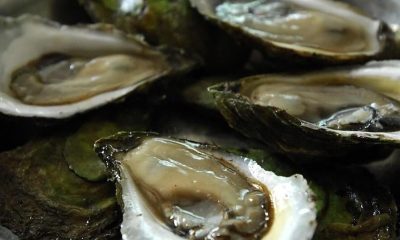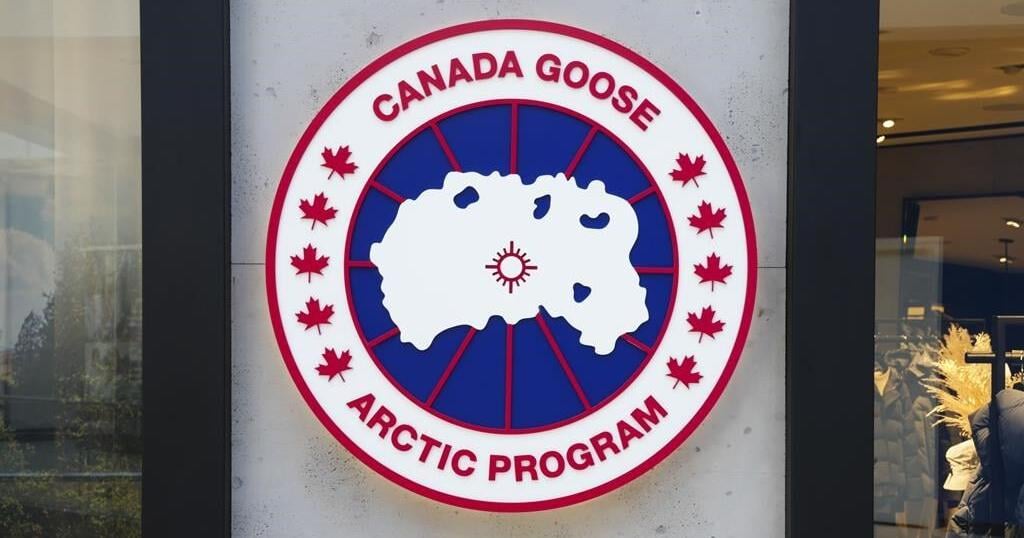WASHINGTON — The international dispute over Line 5 belongs in federal court, a Michigan judge declared Thursday, dealing a critical blow to Gov. Gretchen Whitmer’s bid to shut down the controversial cross-border pipeline.
It’s the second time in nine months that District Court Judge Janet Neff ruled in favour of pipeline owner Enbridge Inc., which wanted the dispute elevated to the federal level.
That first decision prompted Michigan Attorney General Dana Nessel — believing her only path to victory to be in state court — to abandon the original case, turning instead to a separate, dormant, nearly identical circuit court case to try again.
Neff’s disdain for that tactic was palpable throughout Thursday’s ruling.
“The court concludes that (the) plaintiff’s motion must fail, based on …(the) plaintiff’s attempt to gain an unfair advantage through the improper use of judicial machinery,” Neff wrote.
“The court’s decision … is undergirded by (the) plaintiff’s desire to engage in procedural fencing and forum manipulation.”
A spokesperson for Nessel did not immediately respond to media inquiries.
Whitmer is a Democrat and close ally of President Joe Biden whose political fortunes depending on the support of environmental groups in the state. She ordered the shutdown of Line 5 in November 2020.
She cited the risk of an ecological disaster in the Straits of Mackinac, the environmentally sensitive passage between Lake Michigan and Lake Huron where the pipeline runs underwater between the state’s upper and lower peninsulas.
They went to circuit court, where Enbridge pushed back hard, arguing that Whitmer and Nessel had overstepped their jurisdiction and that the case needed to be heard in federal court.
Late last year, Neff sided with Enbridge, prompting Whitmer and Nessel to abandon the complaint and try again, this time with a similar circuit court case that had been dormant since 2019.
Nessel had hoped to head off Enbridge’s jurisdictional argument on a technicality: that under federal law, cases can only be removed to federal jurisdiction within 30 days of a complaint being filed.
But Neff wasn’t buying it, citing the precedent she herself established in 2021 when she ruled for Enbridge the first time.
“It would be an absurd result for the court to remand the present case and sanction a forum battle,” Neff wrote.
“The 30-day rule in the removal statute is intended to assist in the equitable administration of justice and prevent gamesmanship over federal jurisdiction, but here, it is clear to the court that (the) plaintiff is the one engaging in gamesmanship.”
The Line 5 pipeline ferries upwards of 540,000 barrels per day of crude oil and natural gas liquids across the Canada-U. S. border and the Great Lakes by way of a twin line that runs along the lake bed.
Critics want the line shut down, arguing it’s only a matter of time before an anchor strike or technical failure triggers a catastrophe in one of the area’s most important watersheds.
Proponents of Line 5 call it a vital and indispensable source of energy, especially propane, for several Midwestern states, including Michigan, Ohio and Pennsylvania. It is also a key source of feedstock for refineries in Canada, including those that supply jet fuel to some of Canada’s busiest airports.
In a statement, Enbridge described Thursday’s decision as “consistent with the court’s November 2021 ruling that the state’s prior suit against Line 5 belonged in federal court.”
That, the company said, is the correct forum for “important federal questions” about interstate commerce, pipeline safety, energy security and foreign relations.
The statement goes on to say that shutting down Line 5 would “defy an international treaty with Canada that has been in place since 1977.”
Line 5 talks between the two countries under that treaty, which deals specifically with the question of cross-border pipelines, have been ongoing since late last year.
“Enbridge looks forward to a prompt resolution of this case in federal court.”
This report by The Canadian Press was first published Aug. 18, 2022.
James McCarten, The Canadian Press
Related


































